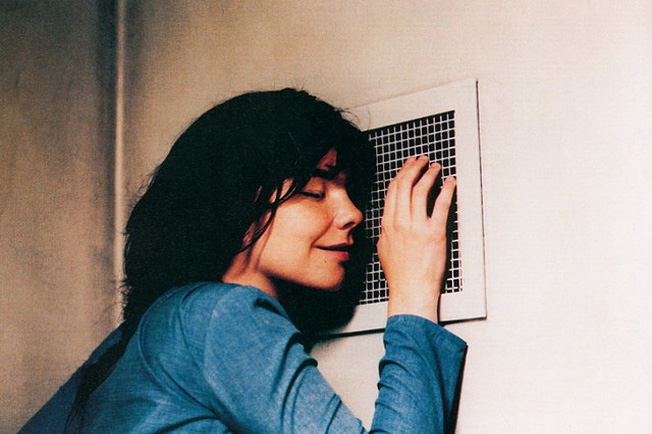
A great performance is definitive, and can often be separated from an actor or actress. That isn’t to say that these professionals are not capable of delivering a certain caliber of quality more often, but standout performances usually do exactly what they are called: stand out. These special performances can spark a newcomer’s journey, rejuvenate a career that may be slowing down, or wrap up a strong filmography with one last hurrah.
To take note of the latter statement, it is interesting to look at careers that seemingly vanished after one of these captivating performances takes place. Sometimes, the celebrated actor/actress will not be heard from again, whether it be in the film industry or at all. These are 10 performances that left us wanting more, and we sadly never quite got more afterwards for a variety of reasons. Here are 10 actors and actresses that seemingly disappeared after career defining performances.
1. Aleksei Kravchenko – Come and See
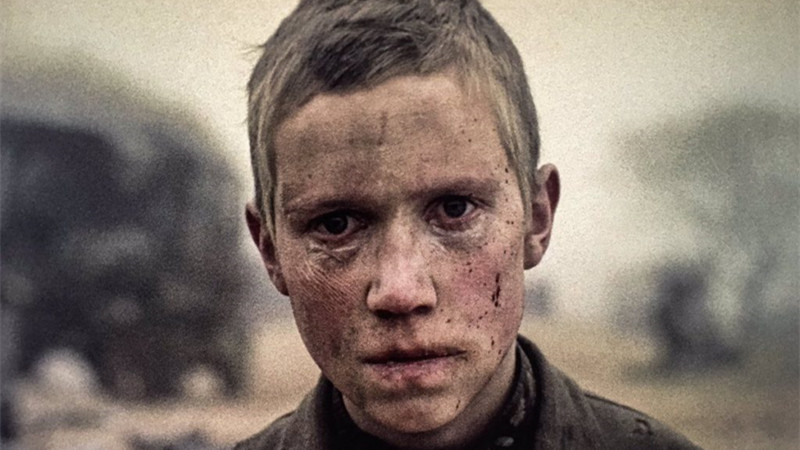
Many columnists and film writers (including those featured on Taste of Cinema) are in agreement when it comes to Aleksei Kravchenko’s performance being one of the greatest young performances of all time (if not the greatest).
At age 14—just on the cusp of being a child actor—Kravchenko took on one of the most difficult roles imaginable. “Come and See” is a psychological war horror that features a young boy (Kravchenko) experiencing the terrors of Nazism around him. We witness everything he deals with: the sound gets muddy after a bomb goes off to represent deafness, and the camera gets hit by shrouds of dirt when explosions are nearby.
The shooting was so grueling that Kravchenko reportedly developed grey hair (remember, this guy was barely a teenager). Regardless, that was it for Kravchenko when it came to acting. Right after this film, he completed his schooling and then served in the Navy.
It wasn’t until 15 years later that he would return to acting of any sort, but every role afterwards seemed to be much safer. He’s taken part in many TV series and miniseries, and even the occasional Christmas film. He’s even starred in the odd war related film (“Attack on Leningrad”, for instance).
Perhaps these works didn’t make quite the same effect that “Come and See” has, and Aleksei Kravchenko hasn’t resonated quite as much as his iconic performance that continues to shake the entire world to this day.
2. Barkhad Abdi – Captain Phillips
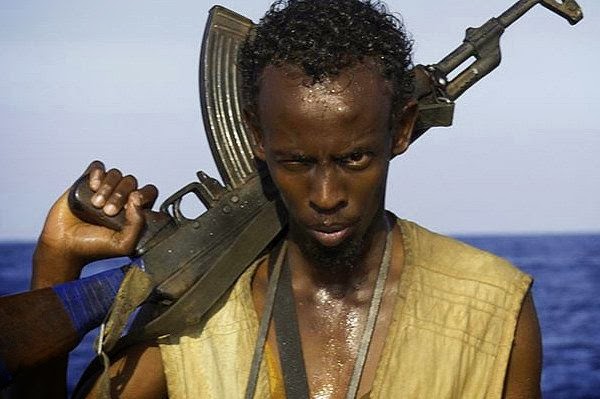
Now here is an actor that is being underutilized. Barkhad Abdi has lived a difficult life. He had to leave his homeland of Somalia during the Civil War, and has moved around often since then. He has worked many jobs, including being a limousine driver, DJ, and a cell phone salesman, just to get by. He was an unknown selected to star in “Captain Phillips”, and his acting debut was stunning enough to steal the show.
Abdi was one of the main front runners for Best Supporting Actor at the Academy Awards (he was neck and neck with Jared Leto for “Dallas Buyers Club”, who ultimately won), and even won a BAFTA for the same category. Not too shabby for a first role, right?
Abdi has been in films since, but not nearly as many as you’d think. He’s had some small supporting roles in “Eye in the Sky”, “The Brothers Grimsby”, and even “Blade Runner 2049”. Otherwise, Abdi hasn’t quite been given the opportunity to shine as brightly as he did in “Captain Phillips”, where he was a magnetically noteworthy villain. He has kept a bit busy otherwise, as he has directed his own film (“Ciyaalka Xaafada”) and has made the big move to Los Angeles.
This is one of the few entries here that are dictated by Hollywood’s interest in Abdi, as he is clearly willing to keep his film career alive. With “Captain Phillips” and the small roles he gets here and there, we know Abdi is capable of winning people over. Give him the chance he deserves, Hollywood!
3. Björk – Dancer in the Dark
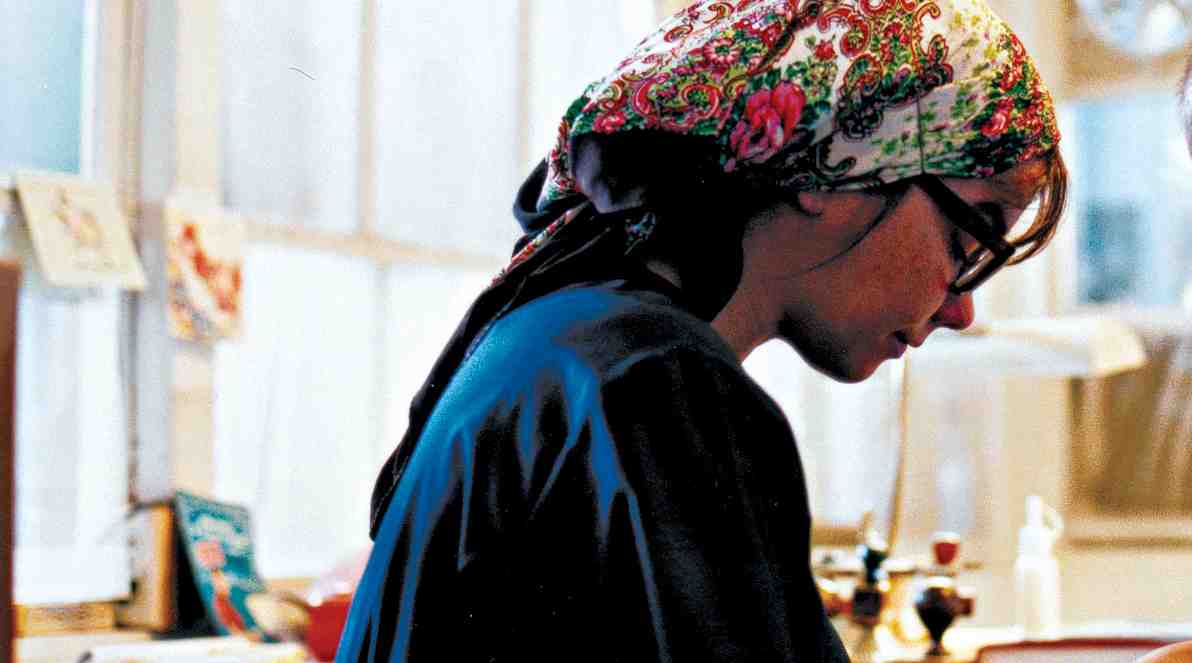
For crying out loud! Björk never disappeared! She has a new album coming out next month and has done very well for herself. Yes, what nonsense this entry must be. However, this is a bit of a different nominee.
Sure, Icelandic sensation Björk never left her music career, and she has been at it since she was 11 years old. However, this is concerning her film career, especially since she blew audiences away in Lars von Trier’s most-depressing-musical-ever “Dancer in the Dark”. Her on-screen take on a poor mother that is slowly going blind is devastatingly real. Her singing is sharp enough to feel her pain, and her captivating acting earned her a Best Actress win at the Cannes Film Festival.
The song “I’ve Seen It All” was Oscar nominated, and Björk paraded around in her iconic Vespertine swan dress. This was surely the start of her domination on the film industry. It was not so. Björk’s time on set was difficult. She and von Trier argued almost every day of shooting. Björk started to not show up on set, and would even talk negatively about von Trier, going as far to call him “sexist”. One of the primary arguments the two had was how the film should have ended. Björk was reportedly disinterested in acting ever again after this film.
However, Björk, after the fact, has actually come to defend the film, and has even said that she never really wanted to act in the first place; she only made a small exception to work with von Trier. Björk has taken part in her ex-husband Matthew Barney’s experimental film “Drawing Restraint 9” (she also put together the soundtrack) and also has a voice part in the animated film “Anna and the Moods”. Otherwise, this was it for Björk’s acting career.
4. Cary Grant – Charade
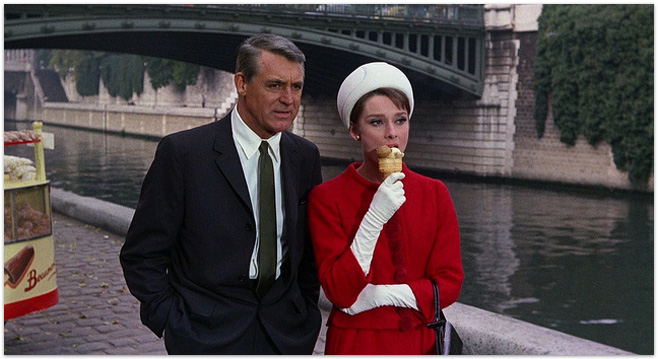
Cary Grant is one of the all-time greatest actors, particularly because he could perfectly embody any genre with ease. Howard Hawks found the humour within him for films like “His Girl Friday”, Alfred Hitchcock saw the fear he could portray in horrors and thrillers like “North By Northwest”, and George Stevens saw the charm and drama he could exude in works like “Penny Serenade”.
For one of Grant’s final roles, Stanley Donen took all of the above and mashed them together to make the man with many different names (Peter, Alex, Adam, Brian, you name it) in the genre-mixed classic “Charade”. Accurately declared the best Hitchcock film Hitchcock never made, “Charade” blends romance and comedy so well with horror and suspense. The film showed everything Grant could offer towards the end of his career.
After “Charade”, he starred in two projects that didn’t quite compare: “Father Goose” and “Walk, Don’t Run”. Following those two films, Grant retired for good. He wanted to focus on being a father primarily. Part of his decision came from the lack of interest Grant had with acting, as he couldn’t find a role that seemed interesting enough to return with (he even turned down working with Hitchcock again when he was asked to star in “Torn Curtain”).
You can’t blame the guy, as he had been at the forefront of the film industry for decades up to that point. Nonetheless, Grant’s work in “Charade” is some of his very best, and it honestly is the greatest introduction to his filmography as a whole.
5. Gloria Swanson – Sunset Boulevard
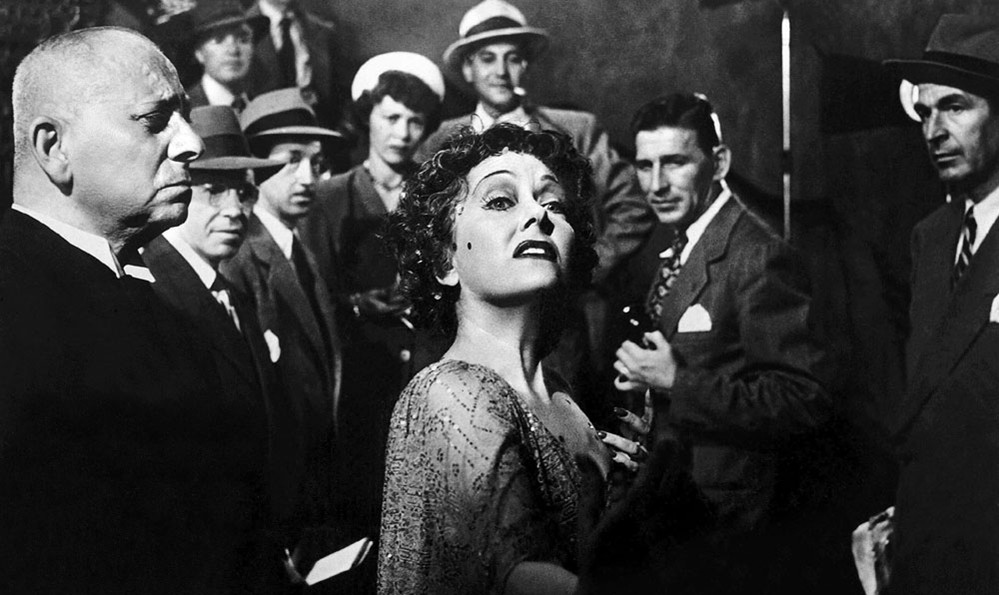
As depicted in “Sunset Boulevard”—a film that imitated life—Gloria Swanson was a huge silent film star that somewhat vanished before her glorious return. Unfortunately, a good chunk of her early works are considered lost, but her reputation can be dug up immediately through research.
“Sunset Boulevard” depicted silent stars that either lost work or went crazy after the creation of sound cinema; while a melodramatic retelling of film history, “Sunset Boulevard” represented Swanson in a new light. She was Oscar nominated for Best Actress (even her fellow nominee Bette Davis agreed that her lack of a win was a snub that year), and this new side of Swanson was surely going to catapult her into a new stratosphere.
Unfortunately, Swanson’s preparation for her close up wasn’t quite as rewarded as it may have seemed. Did she have work after Sunset Boulevard? Sure. She worked in a few films afterwards, including “Nero’s Weekend” and “Three for Bedroom C”. She even appeared on television a few times (she was right about the pictures getting smaller), including an episode of “The Alfred Hitchcock Hour”.
Otherwise, Swanson appeared as herself in documentaries and on television. She was offered work, but most of the subsequent scripts she was handed seemed to only represent weak imitations of her work in “Sunset Boulevard”.
Swanson did not want to play the same role over and over again, especially if these scripts did not come close to the caliber of Billy Wilder’s work. She devoted her time to the stage instead, where she was not treated as a one trick pony.